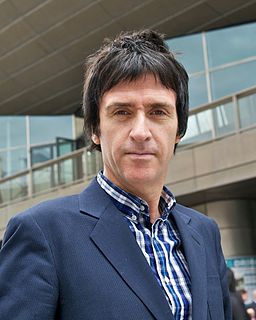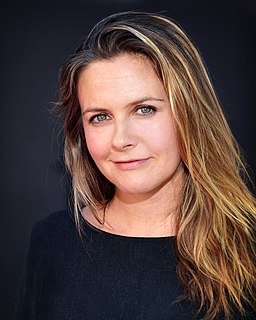A Quote by Catherine Camus
Love is very important in The First Man, in that [Albert] Camus loves these things he never chose, he loves his childhood experience in a very real way. Their poverty meant that there was nothing else they could think about but what they would eat, how they would clothe themselves. There's just no room for other things in his family. It's difficult for others to imagine the position in which he found himself. There is no imaginary existence in their lives.
Related Quotes
[Albert Camus] started thinking through sensation. He could never think with artefacts or with cultural models because there were none. So it's true to say that his morality was extremely 'lived', made from very concrete things. It never passed by means of abstractions . It's his own experience, his way of thinking.
Femininity, yes, effectively there is more in The First Man, not only in terms of women but stylistically, in its elements, the notes he wrote. You can see a real love story in it, a childhood love story, [Albert] Camus' first. Meursault [protagonist of The Outsider] and Marie were never up to much really. There is Dora in The Just and others in his plays, but they aren't so well known.
[Albert Camus] positions are sensed. So, naturally, those intellectuals who don't have that experience have difficulty in comprehending it. But I think it made Camus more tolerant because he had already seen both sides of things when the others had only ever seen one. They imagine poverty, but they don't know what it is. In fact they've got a sort of bad conscience about the working classes.
I discovered several never-failing signs by which one might know when a man wished to take another wife. He would suddenly 'awaken to a sense of his duties'; he would have serious misgiving as to whether the Lord would pardon his neglect in not living up to his privileges; he would become very religious, and would attend to his meetings ... which seemed just then to be very numerous, and in various other ways he would show his anxiety to live up to his religion.
If he could have his way, Satan would distract us from our heritage. He would have us become involved in a million and one things in this life-probably none of which is very important in the long run-to keep us from concentrating on the things that are really important, particularly the reality that we are God's children. He would like us to forget about home and family values. He'd like to keep us so busy with comparatively insignificant things that we don't have time to make the effort to understand where we came from, whose children we are, and how glorious our ultimate homecoming can be!
In my acquaintance with John Rawls, I found him to be a simple and honest man, who just by chance also happened to be the greatest moral philosopher of the twentieth century. I would like to think that I could emulate at least his modesty - his refusal to exaggerate his perception of himself and his place in the larger scheme of things - even if my work never compares with his in its importance.
Navigating with a partner makes it half as difficult. We keep each other in check. It's not like she [Angie Marr] was ever a quiet little wifey wife behind the scenes. She's exactly like me. She's very smart. We're very lucky that we've always wanted the same things. She loves guitar music, she loves important records, and our lives are about records and shows and great bands.
Prince Charming is very nice and very honest and very confident in who he is and funny and knows how to have a kick-ass fun time. Is willing to melt away so that nothing else exists in the world except himself and his princess and loves food and cats and every life form except human beings which is not necessary.
Every man has some reminiscences which he would not tell to everyone, but only to his friends. He has others which he would not reveal even to his friends, but only to himself, and that in secret. But finally there are still others which a man is even afraid to tell himself, and every decent man has a considerable number of such things stored away. That is, one can even say that the more decent he is, the greater the number of such things in his mind.
I believe that the unity of man as opposed to other living things derives from the fact that man is the conscious life of himself. Man is conscious of himself, of his future, which is
death, of his smallness, of his impotence; he is aware of others as others; man is in nature, subject to its laws even if he transcends it with his thought.
What the articles which have been written about The First Man propose is humility. The acceptance of these contradictions. Seeking an explanation is death. The lie is death in [Albert] Camus. That's why in Camus' play The Misunderstood the son dies, killed by his sister and his mother, because he lied. He never told them who he was. They killed him because they didn't recognise him.
I gave examples from my clinical practice of how love was not wholly a thought or feeling. I told of how that very evening there would be some man sitting at a bar in the local village, crying into his beer and sputtering to the bartender how much he loved his wife and children while at the same time he was wasting his family's money and depriving them of his attention. We recounted how this man was thinking love and feeling love--were they not real tears in his eyes?--but he was not in truth behaving with love.



























